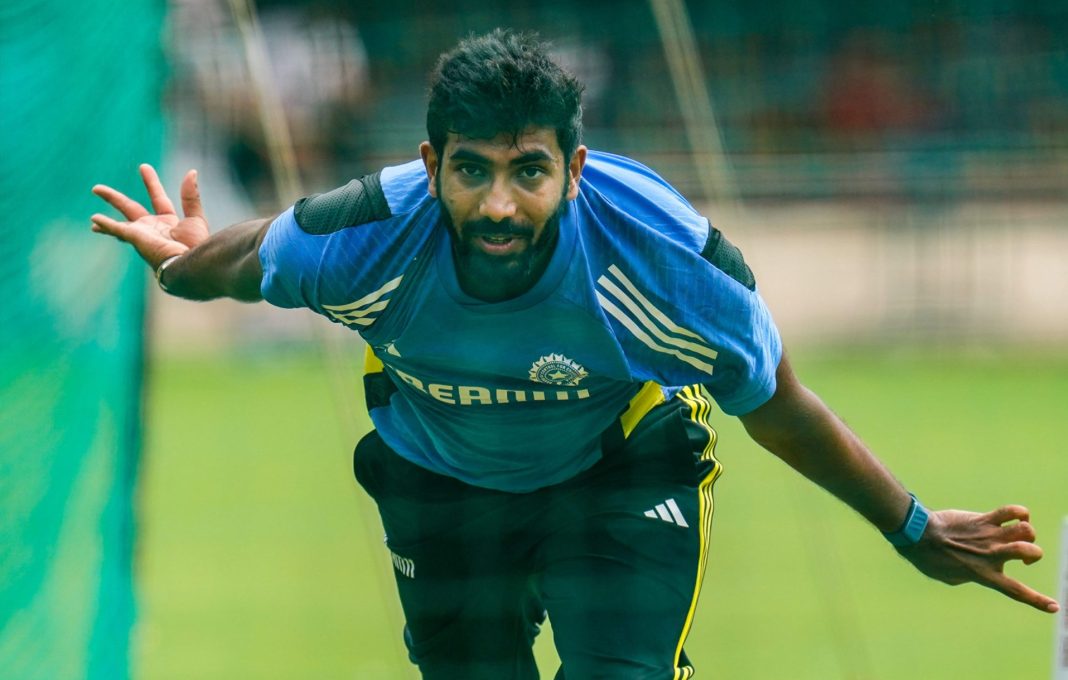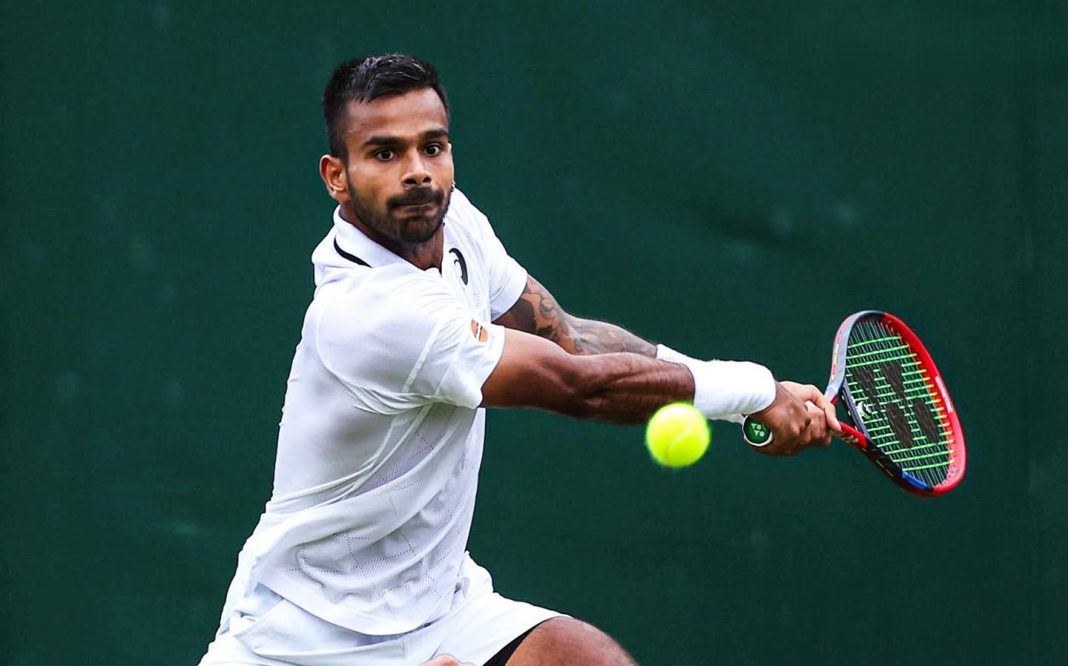By Dipak Kurmi
As the New Year 2025 unfolds, with its customary celebrations and hope for renewal, a gnawing unease persists—a disquiet born of three colossal challenges confronting our world: the climate emergency, the brutality of war, and the resurgence of hyper-nationalism coupled with authoritarian leadership. These forces, entrenched in our socio-political fabric, cast a long shadow over the coming generation. One cannot help but wonder whether they will have the agency and imagination to resist these evils or if they will resign themselves to a life of compliance, tethered to the imperatives of neoliberalism and authoritarianism.
Central to this dilemma is the question of education. If education continues to be narrowly conceived as a tool for economic productivity or ideological conformity, the chances of cultivating a generation capable of resistance will remain faint. To confront these existential threats, we must fundamentally rethink the culture of learning, moving beyond the utilitarian ethos that dominates contemporary educational paradigms.
The Climate Emergency: A Crisis of Modernity
The signs of climate catastrophe are unmistakable: the year 2024 marked the hottest in human history, with rising global temperatures, unrelenting carbon emissions, and devastating natural disasters such as wildfires, flash floods, and cyclones. Yet, the roots of this crisis lie deep in the logic of modernity itself. The relentless drive of techno-capitalism has sanctified consumerism, valorized material excess, and normalized the conquest of natural ecosystems for “development” projects.
Greenwashing slogans of “sustainable growth” obscure a deeper truth—there can be no “green capitalism” within a system predicated on perpetual extraction and consumption. Addressing the climate emergency requires a paradigmatic shift: from instrumental rationality to a communicative ethos, from consumerist excess to simplicity of living, and from the dualistic notion of man versus nature to a life-affirming ecological harmony.
The Normalization of War: Triumph of Thanatos
War, once considered the last resort of failed diplomacy, has now been normalized to a shocking degree. Our children are growing up in a world where conflicts and invasions dominate the global stage, and violence is treated as inevitable. Political leaders and diplomats have become complicit in this moral collapse, whether through inaction or tacit endorsement of aggression. The actions of figures like Vladimir Putin or Benjamin Netanyahu are emblematic of this trend, yet their aggression barely elicits global outrage.
Modernity has not tamed barbarism; instead, it has rebranded it through technology and profit-driven militarization. War, now a spectacle commodified for mass consumption, perpetuates a cycle of violence that undermines the very foundations of humanity. The Freudian struggle between Eros (life) and Thanatos (death) appears decisively tipped in favor of the latter, with modernity glorifying destruction under the guise of national interest and economic necessity.
Hyper-Nationalism and Authoritarianism: The New Social Order
Alongside war and climate degradation, the rise of hyper-nationalism and authoritarian leaders signals a further erosion of democratic values. The aggressive posturing against immigrants, religious minorities, and political dissenters feeds a dangerous cycle of exclusion and polarization. This right-wing nationalism is often intertwined with religious fundamentalism, creating a potent alliance that stifles critical thought, cultural pluralism, and dissent.
Worse still, this ideological rigidity aligns seamlessly with the goals of neoliberal capitalism. Together, they propagate a culture of obedience—whether to markets or leaders—rendering citizens docile and pliant. In such a climate, critical thinking and democratic aspirations are increasingly viewed as threats rather than virtues.
The Role of Education: Towards Liberation, Not Subjugation
Faced with these crises, education emerges as both the battleground and the beacon of hope. The current model, driven by neoliberal priorities, reduces learning to a mechanistic process of producing compliant workers. Children are trained to crack tests, master techniques, and chase success in predefined metrics, leaving no room for creativity, critical thinking, or alternative imagination.
The damage inflicted by this utilitarian approach is profound. It not only denies young minds the ability to question the status quo but also discourages them from envisioning a different world. The relentless pursuit of productivity and success suppresses the values of empathy, ecological connectivity, and simplicity—values essential for combating the evils of our age.
A reimagined education must prioritize the development of critical consciousness. Inspired by thinkers like Rabindranath Tagore, Jiddu Krishnamurti, and Paulo Freire, we must foster a culture of learning that emphasizes dialogue, creativity, and ethical reflection. Education should empower young people to resist the seductive narratives of consumerism, nationalism, and authoritarianism and instead cultivate a commitment to justice, equality, and sustainability.
The Path Forward: A Call to Action
Reclaiming education from the clutches of neoliberalism and authoritarianism will not be easy. Corporate interests dominate policymaking, and ruling regimes often view critical education as a threat to their legitimacy. Yet, the stakes are too high to abandon this struggle. In 2025, as we stand at a crossroads, educators, activists, and visionaries must rally to protect and transform education into a force for liberation.
Let us dream of an education that does not simply produce skilled workers but nurtures enlightened citizens. Let us envision schools and universities as spaces where young minds learn to question, imagine, and create. Only then can we hope to overcome the triple evils of climate degradation, war, and hyper-nationalism and move towards a world that values life, dignity, and harmony.
The New Year brings both challenges and opportunities. May it also bring the courage to envision and enact a new paradigm of education, one capable of saving not only the next generation but the very soul of humanity.
(the writer can be reached at dipakkurmiglpltd@gmail.com)




